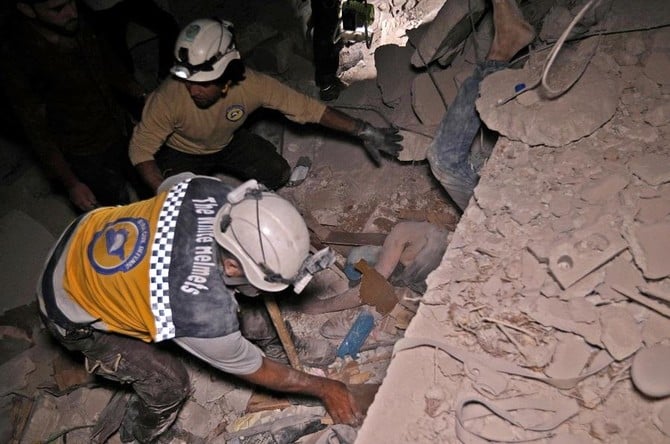Dozens of countries around the world have sent aid to Turkey and Syria after a powerful earthquake killed over 5,000 people and left thousands more injured. The death toll is expected to rise as rescue efforts continue among the rubble of cities, towns and provinces in both countries. In Turkey, over 7,800 people have been rescued across 10 provinces so far.
Multiple countries and international organizations are offering medical aid and other forms of aid and support to Turkey and Syria after the recent disaster.
The European Union has mobilized 27 search and rescue and
medical teams from 19 countries, with over 1,150 rescuers and 70 rescue dogs.
The United States is sending two search and rescue teams of 79 people each and coordinating with Turkish counterparts through the Pentagon and USAID.
China is sending rescue and medical teams along with $5.9 million in emergency aid. The UK is sending a team of 76 search and rescue specialists, equipment, and rescue dogs, as well as an emergency medical team.
Russia’s President Putin promised to send teams to both countries and the defence ministry said 300 military personnel are helping with the clean-up effort. The UN is on the ground assessing the needs and providing assistance, while India is sending two National Disaster Response Force teams and doctors with medicines.
Germany will mobilize all the assistance it can, Ukraine is ready to provide necessary assistance, Greece’s Prime Minister pledged to make every force available to aid Turkey, Israel approved the sending of aid to Syria and Turkey, and Gulf states such as Qatar and the UAE are also providing aid. Iran is ready to provide immediate relief aid, Algeria sent a 89-member risk-management team with equipment to Turkey and another team to Syria, Tunisia ordered humanitarian aid for both countries and is appealing for volunteer medics, and Japan is dispatching its Disaster Relief Rescue Team.
But reports suggest that the delivery of aid including medical aid into northern Syria is being hampered by disputes over control of the aid, as well as the weather, destroyed roads, and closed crossing points. The Syrian government is only allowing aid to enter the region through one border crossing, leading to criticism from various international organizations and countries. Historically, the Assad government has opposed cross-border aid, although groups such as Amnesty International have said that help should be delivered regardless of the government’s views.
The UN humanitarian agency (OCHA) has said that many roads are blocked due to the disaster and snow, and that before the earthquake, as many as 4 million people were dependent on aid from across the border. The UK has said it will work with the White Helmets civilian defense force to send aid into northern Syria, but more crossing points from Turkey need to be opened.



















